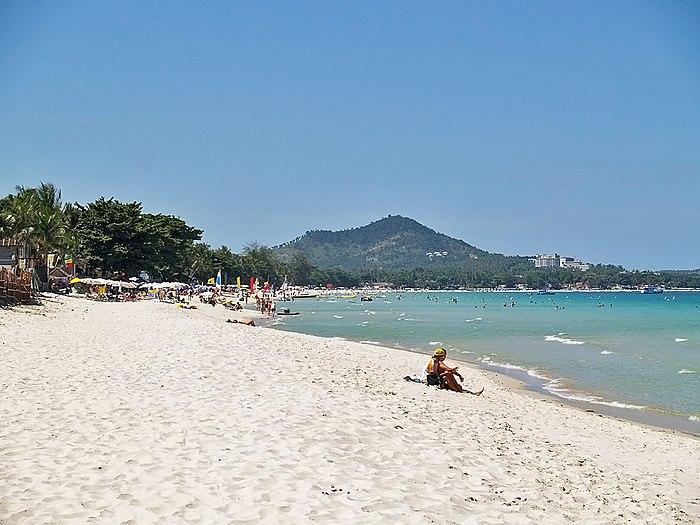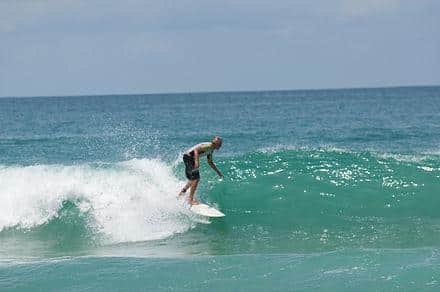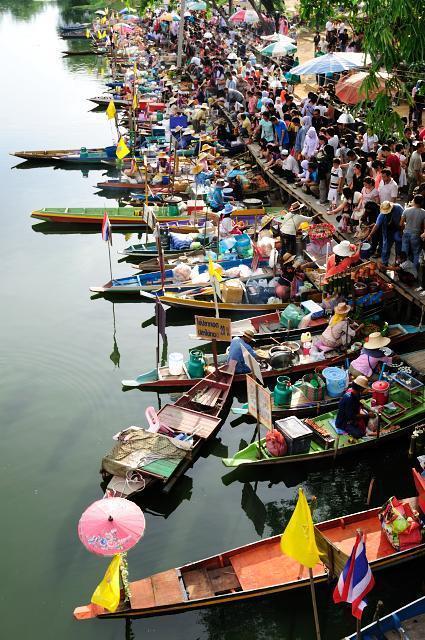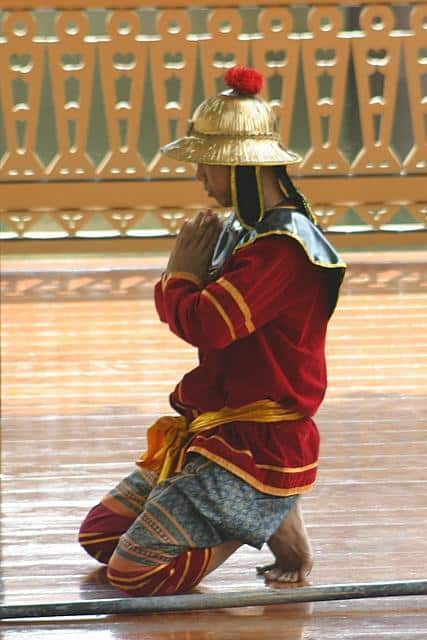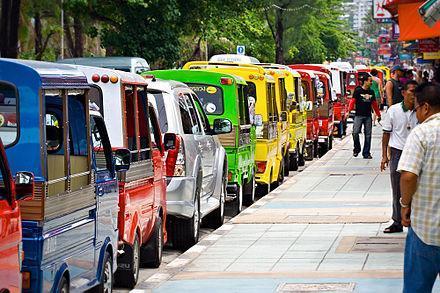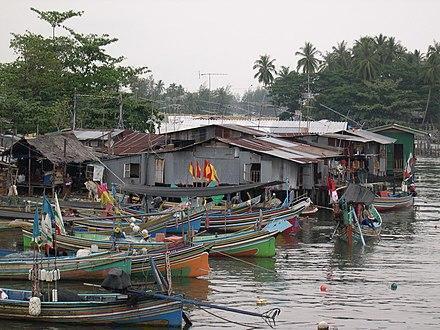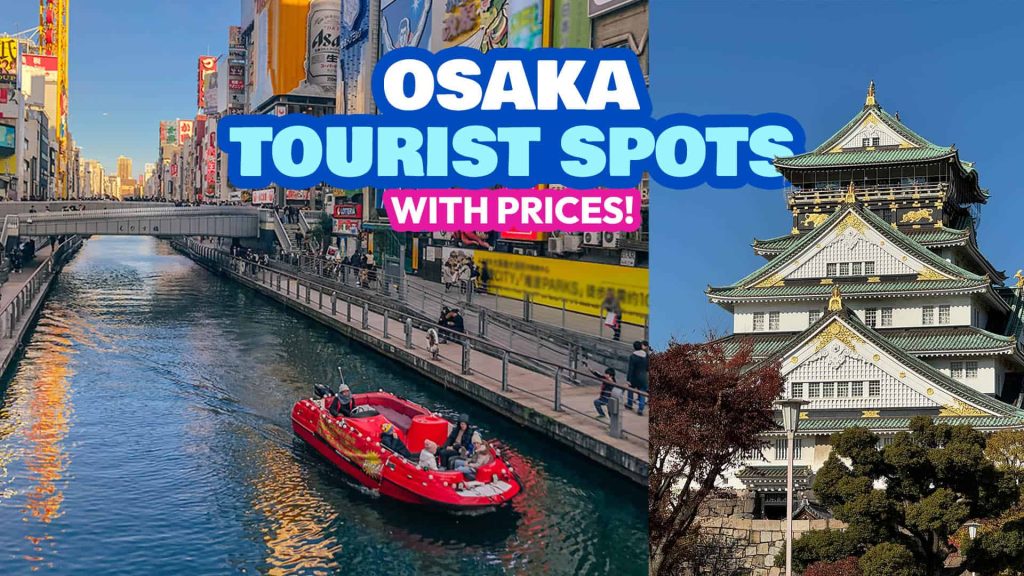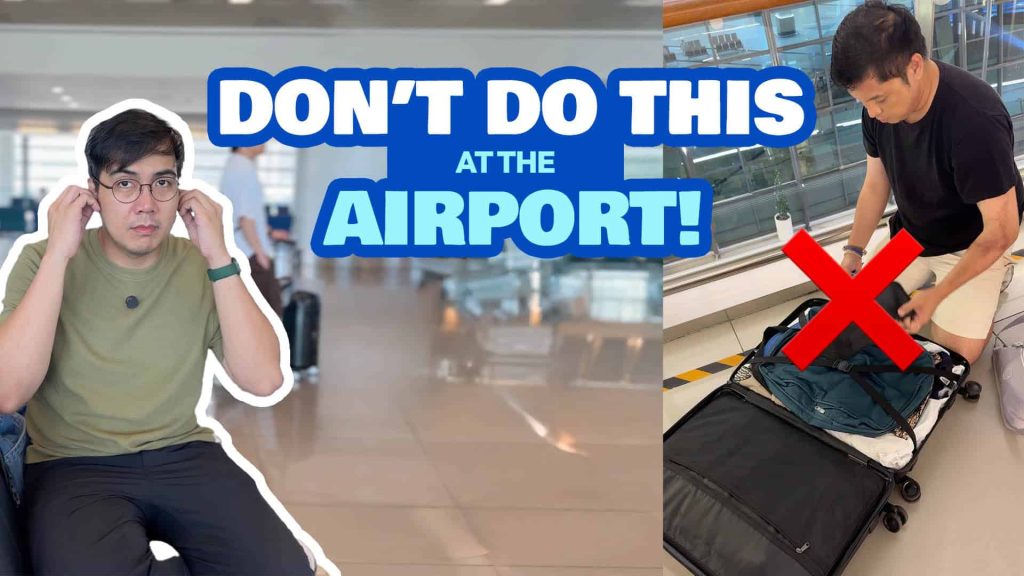Thailand is a nation in Southeast Asia renowned for its lush landscapes, historic temples, and lively culture. It has long been a well-liked tourist resort, but in recent years, foreigners have started to live there in greater numbers. Thailand is in the middle of Southeast Asia, bordered to the north by Myanmar, to the east by Laos and Cambodia, to the south by Malaysia, and to the southwest by the Gulf of Thailand. With a total land area of slightly over 510,000 square kilometers, it is a very small nation.
Background information:
Thailand has a more than 2,000-year-old, extensive, and rich history. It was formerly a significant force in Southeast Asia, and the culture and architecture of the nation still reflect this. Thailand frequently refers to itself as the “Land of the Free” because no European nation has ever occupied it.
Thailand is currently one of the most popular tourist destinations in the world. Over 40 million foreign visitors visited in 2019. Additionally, the nation is growing in popularity as a destination to live and work. Due to Thailand’s affordable cost of living, stunning beaches, and laid-back way of life, there has been a significant migration of foreigners relocating there in recent years.
Detailed Location’s Description
Geographical characteristics: Thailand has a diverse range of geographical characteristics and is a land of contrasts. The country’s north is mountainous, with thick woods and majestic peaks. Bangkok, the nation’s capital, as well as numerous other significant cities, are located in the central plains. With a tropical environment, Thailand’s south is characterized by beaches and islands. Thailand’s art, architecture, and food all represent the country’s unique and rich cultural legacy. The nation has some of the most exquisite Buddhist temples in the entire world, and its traditional festivals are a vivid and colorful show.
- There are numerous noteworthy sites and attractions in Thailand, including the following:
- The Grand Palace: The Grand Palace served as the Thai royal family’s old home. One of the most well-liked tourist spots in Bangkok, it is a vast complex of buildings and gardens.
- In Bangkok, Wat Pho is the biggest and most significant temple. One of the biggest Buddha statues in the world, the reclining Buddha, is located there.
- The west bank of the Chao Phraya River is home to the Buddhist temple known as Wat Arun. The tower’s vibrant chedi is what makes it famous.
- Phuket: Located in southern Thailand, Phuket is a sizable island. It is renowned for its nightlife, resorts, and beaches.
- Another sizable island in the southern part of Thailand is Koh Samui. It’s renowned for its resorts, beaches, and laid-back atmosphere.
Living in Thailand
Thailand is home to a sizable and active expat population. It is easy to discover other expats to mingle with in the country because there are so many expat-friendly companies and organizations. Thailand has a comparatively low cost of living, especially when compared to Western nations. This is among the primary factors that influence people’s decisions to relocate to Thailand.
Expat Community
The expat community is thriving, particularly in places like Bangkok, Chiang Mai, and Phuket. Here’s a closer look:
- Social Groups and Networking: There are numerous expat clubs, social groups, and online forums where you can connect with fellow expatriates. Websites like Internations or Facebook groups dedicated to expats in specific cities can be great places to start.
- Language and Culture: Though Thai is the official language, many expats manage with English, particularly in tourist-heavy areas. However, learning basic Thai phrases can enhance cultural integration.
- Visa Requirements: Different types of visas are available for expats, including Non-Immigrant Visas, Retirement Visas, and Business Visas. The Thai Embassy website provides detailed information about the requirements.
B. Cost of Living
Depending on the area, different areas of Thailand have different housing costs. A one-bedroom apartment in a desirable area of Bangkok should cost roughly $500 per month. You can rent an apartment in a smaller town for as little as $200 per month.
Here’s a breakdown of the costs:
1. Housing
- Bangkok: Apartments in the city center range from $400 to $1,500 per month.
- Chiang Mai: Expect to pay between $300 and $800 per month.
- Phuket: Rentals range from $350 to $1,200 per month.
You can find various housing options on sites like DD Property.
2. Transportation
- Local Transportation: Bangkok has a robust public transportation system, including the BTS Skytrain, with an average monthly pass around $30.
- Taxis: Taxis are affordable, starting at $1 per ride.
- Motorbikes and Bicycles: Many expats rent or buy motorbikes; expect to pay around $50-$100 per month for rentals.
3. Utilities
- Electricity, Heating, Cooling, Water: These generally cost between $50 and $100 per month for a standard 85 m2 apartment.
- Internet: High-speed internet averages around $20 per month.
4. Food and Entertainment
- Groceries: Expect to pay around $200-$300 per month for groceries.
- Dining Out: A meal at a mid-range restaurant may cost between $10 and $20.
- Entertainment: Activities like cinema tickets are around $5-$10, while tours can vary widely. For tour options, check out sites like Viator’s Thailand tours.
Thailand has a number of festivals and events all year. Meeting new people and getting a taste of Thai culture are both made possible by these activities.
Local facilities: There are many different local facilities in Thailand, including supermarkets, restaurants, bars, cafes, and shops. Additionally, the nation has a large number of clinics and hospitals.
Activities and events
In addition to the many temples and historical sites, there are also many other activities and events to enjoy in Thailand. Here are a few examples:
- Beaches: Thailand has some of the most beautiful beaches in the world, perfect for swimming, sunbathing, and surfing. Some of the most popular beach destinations include Phuket, Koh Samui, and Krabi.
- Nightlife: Thailand has a vibrant nightlife scene, with bars, clubs, and restaurants open late into the night. Bangkok is particularly known for its nightlife, with everything from small local bars to large, upscale clubs.
- Food: Thai food is some of the most delicious and affordable in the world. There are many different types of Thai food to try, from spicy curries to stir-fries to noodle dishes.
- Festivals: Thailand hosts many festivals throughout the year, celebrating everything from religious holidays to local culture. Some of the most popular festivals include the Songkran Festival (Thai New Year), the Loy Krathong Festival (Festival of Lights), and the Rocket Festival.
Local amenities
Thailand has a good variety of local amenities, including supermarkets, restaurants, shops, and hospitals. There are also many English-speaking doctors and dentists in Thailand, so it is easy to get medical care if you need it.
Diversity and inclusivity
Thailand is a very diverse country, with people from all over the world living there. This makes it a great place to live if you are looking for a multicultural experience. Thailand is also generally very inclusive, and people from all walks of life are welcome.
Safety and Health Care
General safety
Thailand is generally a safe country to live in. However, it is important to be aware of the risks of petty theft and scams, especially in tourist areas. It is also important to be aware of the dangers of traffic accidents, as Thailand has a high rate of road fatalities.
Health care for Foreigners/American
Health care in Thailand is generally good, and it is much more affordable than in Western countries. There are many English-speaking doctors and dentists in Thailand, so it is easy to get medical care if you need it. However, it is important to have health insurance when you live in Thailand, as medical bills can be expensive.
Thailand is a popular destination for medical tourism, especially for sex reassignment surgery. The public hospitals in Bangkok are usually of an acceptable standard, but they can be overcrowded and have long waiting times. The private hospitals in Bangkok are much better, with English-speaking doctors and nurses. They are also more expensive, but they are still affordable by Western standards.
The quality of healthcare in Thailand varies depending on where you are. In tourist areas, most doctors speak English and the prices are reasonable. However, the quality of healthcare can drop sharply once you leave Bangkok and head into the smaller cities and rural areas.
Most major cities in Thailand have at least one private hospital that caters to Western expats. These hospitals are more expensive than public hospitals, but they provide a higher standard of care.
Some of the best private hospitals in Thailand include:
- Samitivej Hospital in Bangkok
- Bangkok Hospital (member of Bangkok Dusit Medical Services)
- Phyathai Hospital (several branches in Bangkok)
- Bumrungrad International Hospital
In the Pattaya area, good quality health services are available at:
- Bangkok Hospital Pattaya
- Pattaya Memorial Hospital
In Chiang Mai, at least Chiangmai Ram Hospital provides quality care.
In Phuket, international-standard treatment is provided by at least:
- Bangkok Hospital
- Phuket Provincial Hospital
If you are considering medical tourism in Thailand, it is important to do your research and choose a reputable hospital. You should also make sure that you have travel insurance that covers medical expenses.
Visa and Residency Information for Americans
Types of visas available
There are several different types of visas available for Americans who want to live in Thailand. The most common type of visa for expats is the non-immigrant O visa, which is valid for one year and can be renewed. Other types of visas include the non-immigrant B visa (for tourism or business), the non-immigrant ED visa (for education), and the non-immigrant retirement visa (for retirees).
Process of obtaining a visa
The process of obtaining a visa for Thailand can vary depending on the type of visa you are applying for. However, in general, you will need to apply for a visa at a Thai embassy or consulate in your home country. You will need to provide proof of your identity, proof of financial support, and a visa application form.
Requirements for residency
If you want to stay in Thailand for longer than a year, you will need to apply for a residency permit. The requirements for residency vary depending on your nationality. However, in general, you will need to have a valid visa, a clean criminal record, and proof of financial support.
Here are all the types of visas available for Americans who want to live in Thailand:
- Non-immigrant O visa: This visa is for foreigners who want to stay in Thailand for business, investment, or other non-tourist purposes. It is valid for one year and can be renewed. To qualify for this visa, you will need to have a letter from your employer or business sponsor, proof of financial support, and a clean criminal record.
- Non-immigrant B visa: This visa is for tourists or business travelers who want to stay in Thailand for up to 90 days. It is a single-entry visa, so you will need to leave Thailand and re-enter if you want to stay longer. To qualify for this visa, you will need a valid passport, a return ticket, and proof of financial support.
- Non-immigrant ED visa: This visa is for foreigners who want to study in Thailand. It is valid for one year and can be renewed. To qualify for this visa, you will need to be accepted to a Thai university or school, have a letter from your school, and proof of financial support.
- Non-immigrant retirement visa: This visa is for foreigners who are over the age of 50 and who want to retire in Thailand. It is valid for one year and can be renewed. To qualify for this visa, you will need to have a retirement fund of at least $25,000, a clean criminal record, and proof of health insurance.
- Elite visa: This is a special type of visa that offers a variety of benefits, such as multiple entry, visa-free travel to other countries, and a fast-track immigration process. There are several different types of Elite visas available, with different prices and benefits. To qualify for an Elite visa, you will need to meet certain financial requirements.
It is important to note that the requirements for these visas can change at any time, so it is important to check with the Thai embassy or consulate in your home country for the latest information.
Weather and Climate
General climate
Thailand has a tropical climate, with warm weather year-round. The average temperature in Bangkok is 28 degrees Celsius (82 degrees Fahrenheit). The rainy season in Thailand runs from May to October.
Seasonal changes
The best time to visit Thailand is during the dry season, which runs from November to April. The weather is warm and sunny during this time, and there is little rain. The rainy season can be hot and humid, and there is a risk of flooding.
Hotel Options for Visitors
For those looking to explore before settling, here are some hotel options:
- Bangkok: The Sukhothai Bangkok – A luxury option in the heart of the city.
- Chiang Mai: Shangri-La Hotel, Chiang Mai – Perfect for a comfortable stay.
- Phuket: The Shore at Katathani – A beautiful beach resort.
Living in Thailand offers an exciting blend of cultural richness and modern conveniences. With a friendly expat community and a reasonable cost of living, it’s an attractive destination for many looking to experience life in Southeast Asia. Whether you choose the energetic streets of Bangkok or the serene beaches of Phuket, Thailand offers something for every expatriate. Make sure to consult local regulations and visa requirements to ensure a smooth transition to your new home.

